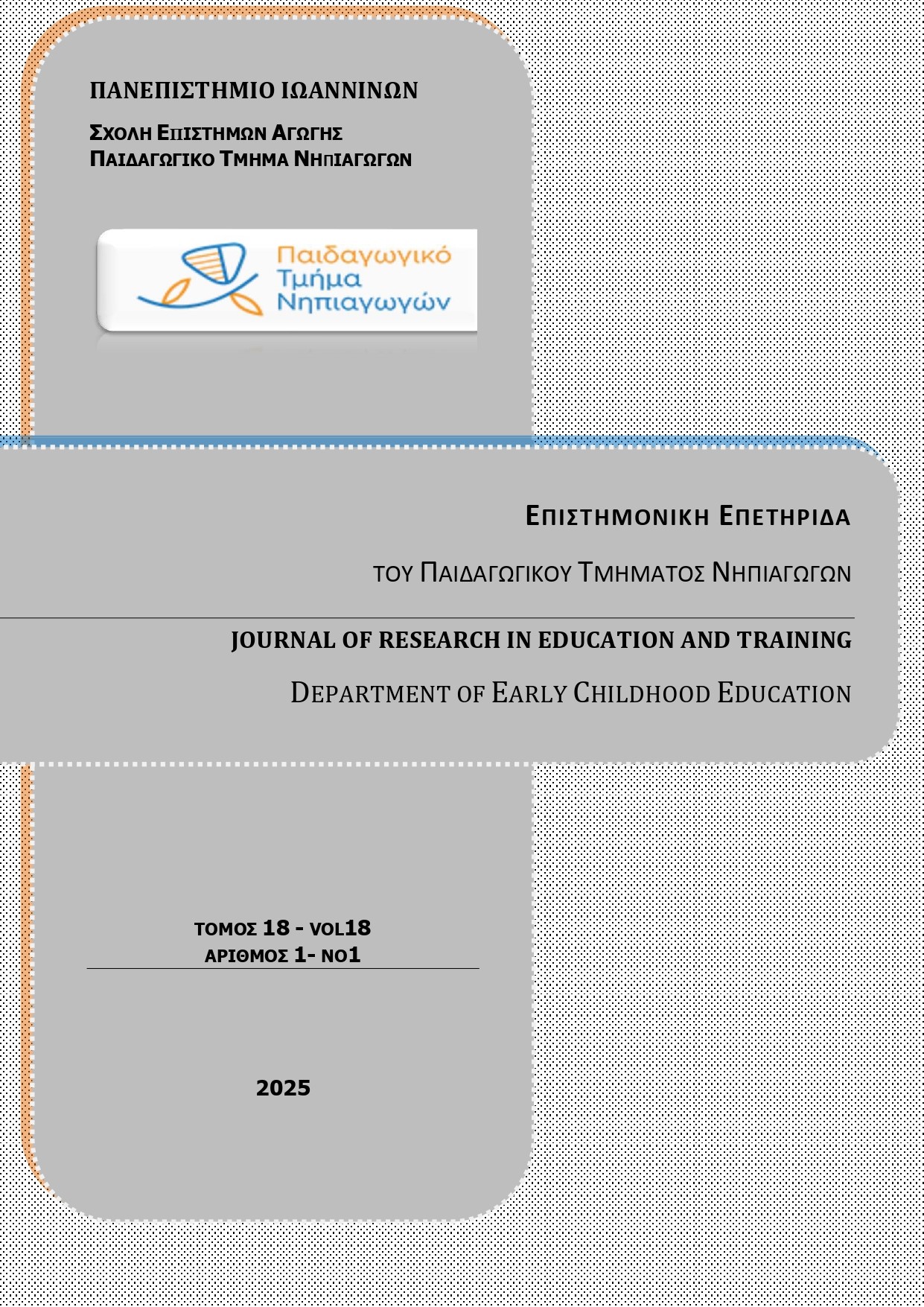Early detection of students with emotional & behavioral difficulties the Greek version of the Integrated Teacher Rating Form (ITRF-GR)

Abstract
One of the greatest challenges that Greek teachers face in the post-COVID era, is dealing with an increasing number of students who present emotional and behavioral difficulties. Current developments in the field indicate a significant shift away from the traditional emphasis on the exclusive dealing of acute problems of individual students towards implementing preventive approaches and providing support to the entire student population. Universal Screening is an accurate way to proactively assess students' levels of risk of developing behavioral, emotional and learning challenges. This study reports on the pilot adaptation of a new screening tool to a sample of Greek primary school teachers (Ν=38) and students (Ν=343). In particular, the Integrated Teacher Rating Form which consists of seventy-four items in total, assesses and identifies the goals of educational interventions in the following areas: a) Academic Productivity/Disorganization, b) Anxious/ Depressed, c) Oppositional/Disruptive and d) Socially Withdrawn. The structure, content, results of test-retest correlations, magnitude of classification accuracy, and results of factor analysis of the scale are described.
Article Details
- How to Cite
-
Didaskalou, E., & Roussi-Vergou, C. (2025). Early detection of students with emotional & behavioral difficulties: the Greek version of the Integrated Teacher Rating Form (ITRF-GR). Journal of Research in Education and Training, 18(1), 1–25. https://doi.org/10.12681/jret.37033
- Issue
- Vol. 18 No. 1 (2025): -
- Section
- Articles

This work is licensed under a Creative Commons Attribution-NonCommercial-ShareAlike 4.0 International License.
Authors who publish with this journal agree to the following terms:
- Authors retain copyright and grant the journal right of first publication with the work simultaneously licensed under a Creative Commons Attribution Non-Commercial License that allows others to share the work with an acknowledgement of the work's authorship and initial publication in this journal.
- Authors are able to enter into separate, additional contractual arrangements for the non-exclusive distribution of the journal's published version of the work (e.g. post it to an institutional repository or publish it in a book), with an acknowledgement of its initial publication in this journal.
- Authors are permitted and encouraged to post their work online (preferably in institutional repositories or on their website) prior to and during the submission process, as it can lead to productive exchanges, as well as earlier and greater citation of published work (See The Effect of Open Access).


